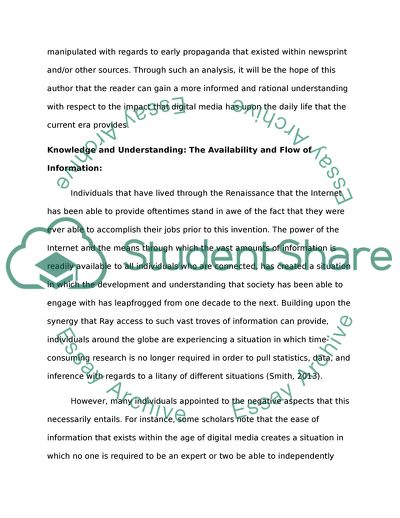Cite this document
(Digital Communications in the Developing World Coursework, n.d.)
Digital Communications in the Developing World Coursework. https://studentshare.org/media/1813218-digital-communications-in-the-developing-world
Digital Communications in the Developing World Coursework. https://studentshare.org/media/1813218-digital-communications-in-the-developing-world
(Digital Communications in the Developing World Coursework)
Digital Communications in the Developing World Coursework. https://studentshare.org/media/1813218-digital-communications-in-the-developing-world.
Digital Communications in the Developing World Coursework. https://studentshare.org/media/1813218-digital-communications-in-the-developing-world.
“Digital Communications in the Developing World Coursework”. https://studentshare.org/media/1813218-digital-communications-in-the-developing-world.


